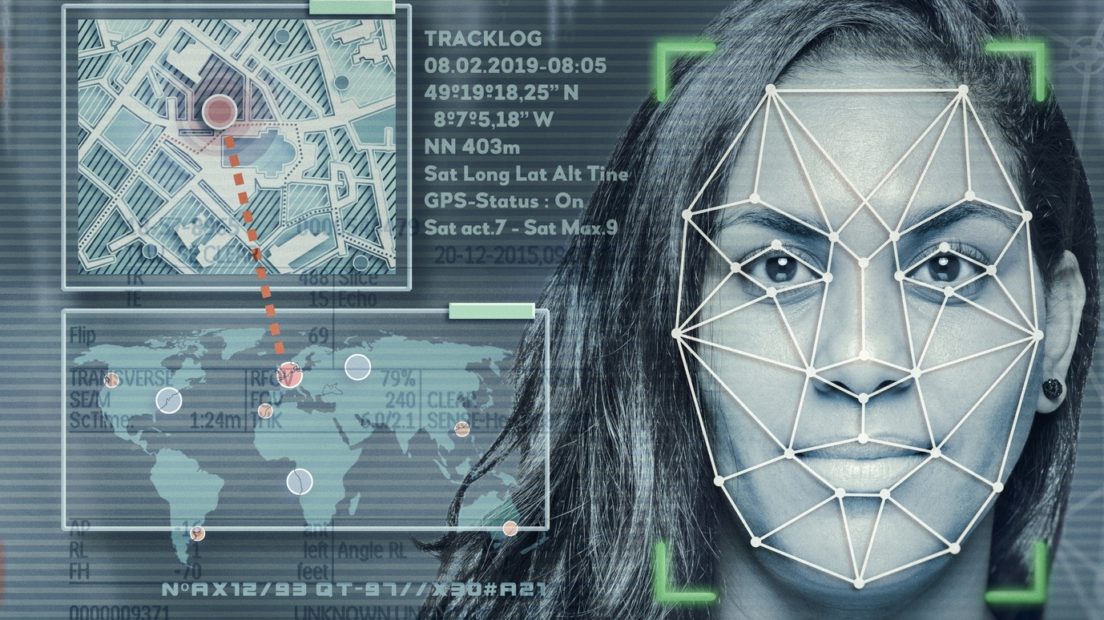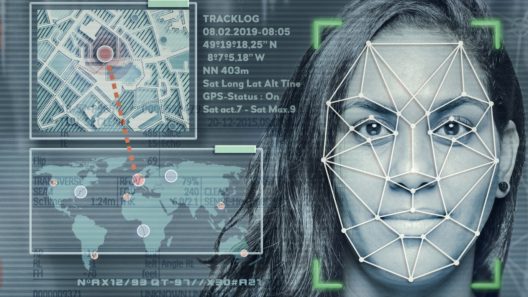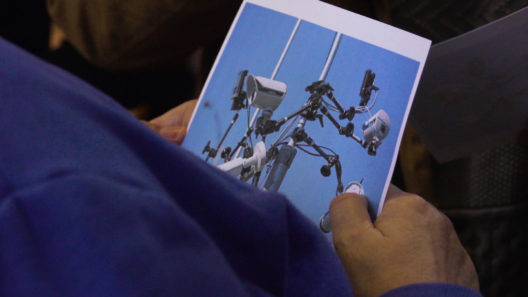Urgent need for new laws governing biometric technologies, according to an independent legal review
Existing frameworks are inadequate and failing to keep pace, according to an independent legal review led by Matthew Ryder QC.
29 June 2022
Reading time: 4 minutes

There is an urgent need for new legislation specifically addressing the use of biometric technologies, as existing frameworks are inadequate and failing to keep pace, according to an independent legal review led by Matthew Ryder QC and commissioned by the Ada Lovelace Institute.
Based on this independent legal analysis, as well as public deliberation and policy research, the Institute is publishing an accompanying policy report that makes the case for Government to act now to ensure that biometric technologies work for people and society.
Biometric data is uniquely personal. It encompasses our faces, fingerprints, walking style (gait), tone of voice and other measurements related to our bodies. Biometric technologies can be used to recognise and identify us, but they are also being used to categorise and make inferences about us.
These technologies, which used to be almost exclusively in the domain of policing, are being used by a growing number of private and public actors, including employers, schools and retailers, for a variety of purposes.
While these technologies promise efficiencies, they also raise significant legal and ethical concerns around privacy, free expression, discrimination and other impacts on human rights.
Through in-depth public deliberation, Ada found serious public concerns about the impact on rights and freedoms. The Citizens’ Biometrics Council, a group of 50 members of the UK public, agreed on the need for a strong legal framework to ensure that biometrics are used in a way that is responsible, trustworthy and proportionate.
However Matthew Ryder QC’s independent legal review demonstrates that the current laws and regulations are inadequate. The review finds that existing legislation and oversight mechanisms are fragmented, unclear, ineffective and failing to keep pace with the technologies.
The independent review was commissioned by the Institute in 2020 after the Commons Science and Technology Select Committee called for ‘an independent review of options for the use and retention of biometric data’.
Drawing upon the independent legal review and the Citizens’ Biometrics Council, the Institute is calling for:
- Comprehensive legislation governing the use of biometric technologies.
- Oversight and enforcement by a national, independent and properly resourced regulatory body or function.
- Standards of accuracy, reliability and validity and an assessment of proportionality which considers human rights impact before biometric technologies are used in high-stakes contexts.
- An immediate moratorium on ‘one-to-many’ identification and categorisation in public services, until legislation is passed.
Matthew Ryder QC, Matrix Chambers, said:
‘We’re at the beginning of a biometric revolution. Our biometric data is now able to be collected and processed in previously unimaginable ways.
‘My independent legal review clearly shows that the current legal regime is fragmented, confused and failing to keep pace with technological advances.
‘We urgently need an ambitious new legislative framework specific to biometrics. We must not allow the use of biometric data to proliferate under inadequate laws and insufficient regulation.’
Carly Kind, Director, Ada Lovelace Institute, said:
‘When we talk about biometric technologies, we’re not talking about distant dystopias or science fiction. Biometric technologies are being used right now in all sorts of contexts and for all sorts of purposes.
‘This presents real ethical and legal risks, but the regulations simply haven’t kept pace with the technologies or public attitudes.
‘Our three-year programme of research demonstrates that the public support stronger safeguards and the existing legal landscape is inadequate. The Government must take on this important issue and bring forward new primary legislation on biometrics.’
Professor Fraser Sampson, the current Biometrics and Surveillance Camera Commissioner, said:
‘If people are to have trust and confidence in the legitimate use biometric technologies, the accountability framework needs to be comprehensive, consistent and coherent. And if we’re going to rely on the public’s implied consent, that framework will have to be much clearer.’
Baroness Sally Hamwee, Chair of the Lords Justice and Home Affairs Committee, said:
‘The central place that ethics should take in society, transparency, the dangers of bias and discrimination, standards, proportionality – all are acknowledged. But without a regulatory framework, rooted in a sound legislative and institutional basis, they are mere words.
‘The current uncoordinated and confusing arrangements are inadequate. Biometric technologies have huge potential. They need an essential component: public trust and confidence, which in turn needs sound regulation.’
Related content

Countermeasures
The need for new legislation to govern biometric technologies in the UK

The Ryder Review
Independent legal review of the governance of biometric data in England and Wales

The Citizens’ Biometrics Council
Report with recommendations and findings of a public deliberation on biometrics technology, policy and governance